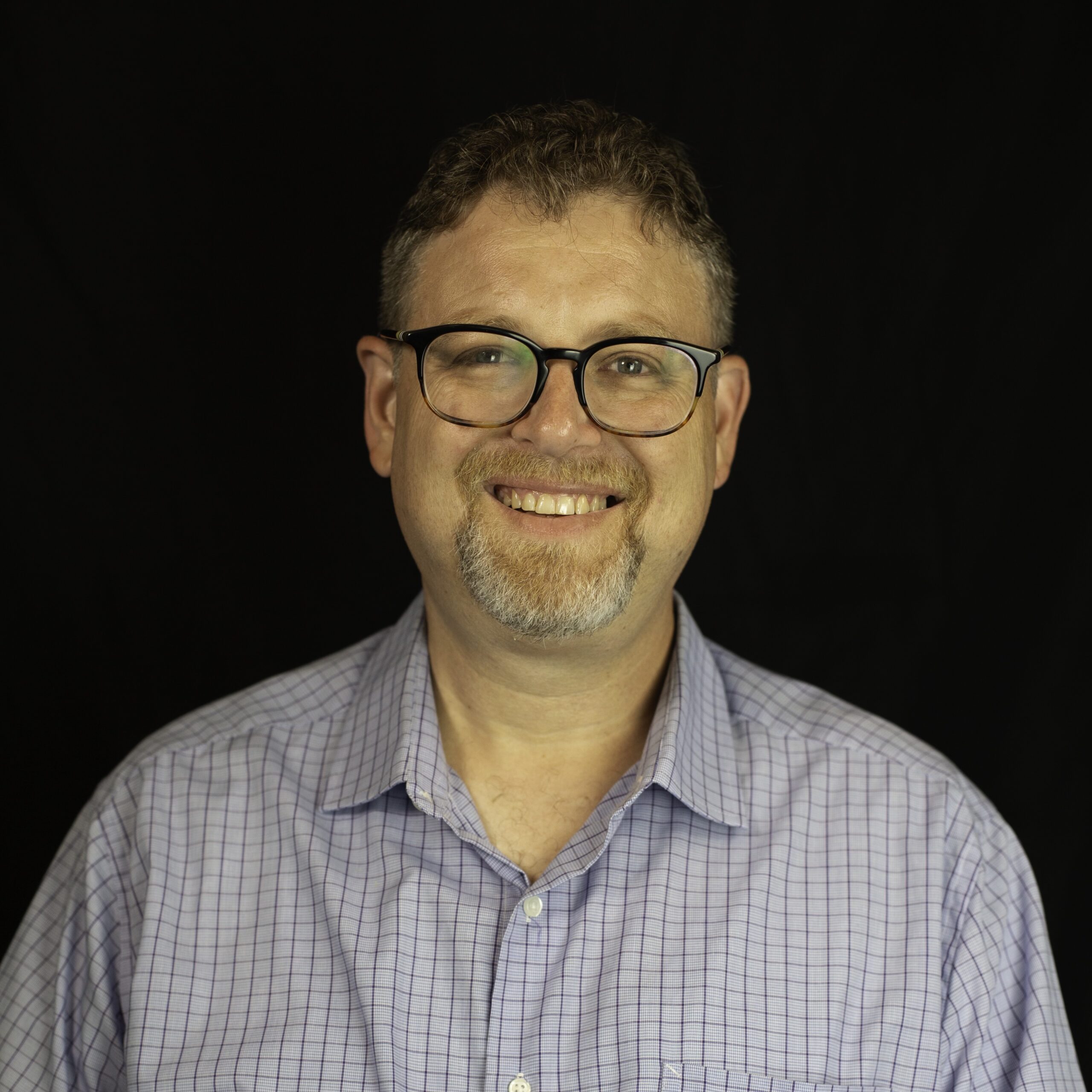Some people at Beit T’Shuvah have three months sober. Others have 24 hours. This week, we sat down with Tim S. who has nine and a half months, making him one of the most senior residents (in terms of clean time) at Beit T’Shuvah. Once a diehard New Yorker, now a cold-in-Summer-nights Californian, Tim’s insight goes deeper than just his own story, but about sobriety as a whole.
Tim grew up in Saint James, a small town on Long Island, 60 miles East of New York City. The childhood home he was raised in was built by his father, a construction worker—a working-class man. Tim was a brilliant student, earning excellent marks in grade school, and by the age of fifteen, he was taking college-level classes. By 18, Tim had already completed the coursework necessary to earn a Bachelor’s Degree. He finished his schooling earning a Master’s of Public Administration.
After college, Tim moved into the city and began working as a paramedic. He would continue to do this for five years before tragedy struck. The 2001 terrorist attacks had a profound effect on New York City and the people within it. For Tim, it stirred a deep urge to do more for his city and the people he loved within it. He began working as a planning analyst for FDNY, specializing in disaster preparedness. This way he could be a part of a bigger whole, something that mattered…something that made a difference.
Tim would proudly work at his job for five years, but, like all good things, it eventually came to an end. As a father of three, he felt he wasn’t earning enough money to support his family. So, he moved into hospital administration where he could put his Master’s Degree to work along with his experience in the medical field. There he began to earn the money he deserved, but the spark of passion fueling his work had disappeared.
His marriage began to fall apart in 2010, as his relationship with his wife became increasingly unsteady. At the time, Tim was a regular guy; he would have a beer every now and again, but hardly ever touched hard alcohol. He started going out to eat by himself and pretty quickly one beer turned into two, two turned into four, and, within two years, he was a self-described “full-blown alcoholic.”
As his usage increased, he knew something had to change. It wasn’t until 2017 that Tim first tried to get sober. He was attending AA meetings, but it wasn’t working. He knew the importance of having a power greater than himself, but, for Tim, it was “just words on paper.” Deep in his soul he still knew that he needed a spiritual foundation in order to get sober. So, he started looking for a place to get better.
Having tried a few residential treatments in New York, he knew they would not work for him. He needed somewhere to go long-term. At first, he was recommended to a facility in North Carolina, but something told him to keep searching. During this time he kept drinking at his handle-a-day pac,e causing him to lose his job. “I was in a freefall…finally at a point where I was willing to do something that I otherwise would have considered drastic.”
In 2021, Tim found his holy grail. He applied and was accepted to BTS with the condition that he absolutely could not drink before coming in. Three days before his intake, Tim cut alcohol cold turkey. On the night before his flight to Los Angeles, he had a seizure that nearly stopped him from coming. However, nothing was going to stop him from getting on that plane. Unable to lift his suitcase, he dragged himself to the airport and, that same day, came to BTS.
During his first stay, he learned a lot, and although he ended up going out after leaving, the experience brought him back for a second try. This time he’s faced many challenges, but the community has been here to help him. At one point he found out his insurance was no longer in-network, but Beit T’Shuvah continued his treatment even though he had no way to pay.
“I was very angry,” Tim says, “at first.” He struggled to get along with others, and carried a righteous indignation for the way people acted, but, with some help from his treatment team, Tim began to change. Eventually, he had a white light moment. He told me, “The problem isn’t with the people I’m dealing with, it’s in my reaction.” When Tim was affected by some event, he would assume it was because of him, but now he knows this is not the way it works.
Tim now works as an intern in the development office. He’s not a blank slate and holds many of his traits and opinions from the life he had before getting sober, but he has begun to write a new chapter in life, one where he can feed his soul without worrying about what others might say. He wants to live his life differently and is excited he has the opportunity to do so. He wants to spread the message that “The real work of recovery is learning to change how I interact with myself, with my environment, and with people—with my response to the world.”
